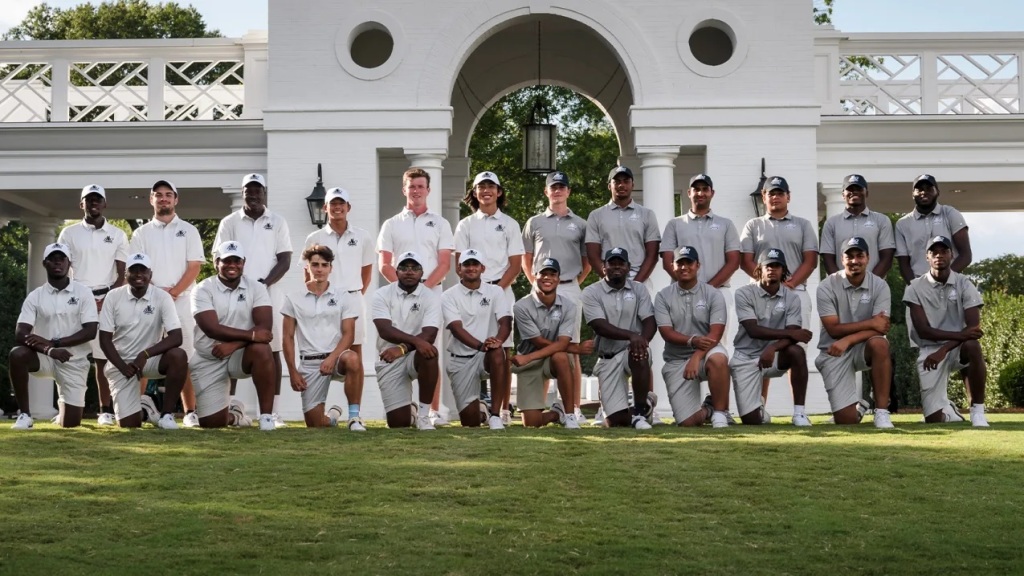Historically black college and university athletics have become more prevalent in recent years, largely in part due to NFL legend Deion Sanders and his work with Jackson State’s football team. On the golf side, Howard has shown over just two years what can be accomplished when resources and opportunities are paired with hard work.
According to a Black Golf Directory listing, 31 HBCUs have golf programs spanning NCAA Divisions I, II and NAIA. Eleven schools have both a men’s and women’s program, 19 are men only while Delaware State is the lone school to have just a women’s team.
“I would double that number. If you go back to the early 90s, at least double that amount,” Black College Golf Coaches Association (BCGCA) board member Jamila Johnson said of how many HBCUs used to offer golf programs. After a recession of lost programs over the years, the tide is beginning to turn as HBCU popularity continues to grow. Now the focus is on making these positive changes a movement, not just a moment.
Johnson’s mother, Selina, started the Hollywood Golf Institute, a junior golf program in her native Detroit, Michigan, when she was 6 years old. She played on and was captain of a co-ed team when she was in high school and then became the first female athlete recruited for Jackson State’s women’s team by legendary coach, Eddie Payton, in the early 1990s during the second wave of Title IX. When the government began enforcing the law – which prohibits discrimination in any school or education program that receives federal funding based on sex – one route a number of colleges, not just HBCUs, took to address the inequity was to create women’s golf teams.
Back then, every SWAC school had a men’s and women’s team. Today, seven of the 12 member schools have either a men’s or women’s team, and just three schools have both.
“If you go back far enough, you had so many HBCUs that actually had teams, even though the players were not necessarily welcome to play at some of the local facilities,” said Johnson. “We haven’t recovered yet to the number of teams that we once had, but what I will say is that the quality of the events and the experiences, the quality of the venues, and the experiences that we are able to offer this generation of golfers is definitely trending in the awesome direction. We played nice courses, but this generation of golfers and HBCU golfers, they’re having the opportunity to play better venues, they’re having the…
..
Click Here to Read the Full Original Article at Golfweek…
